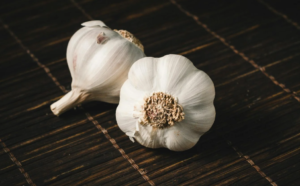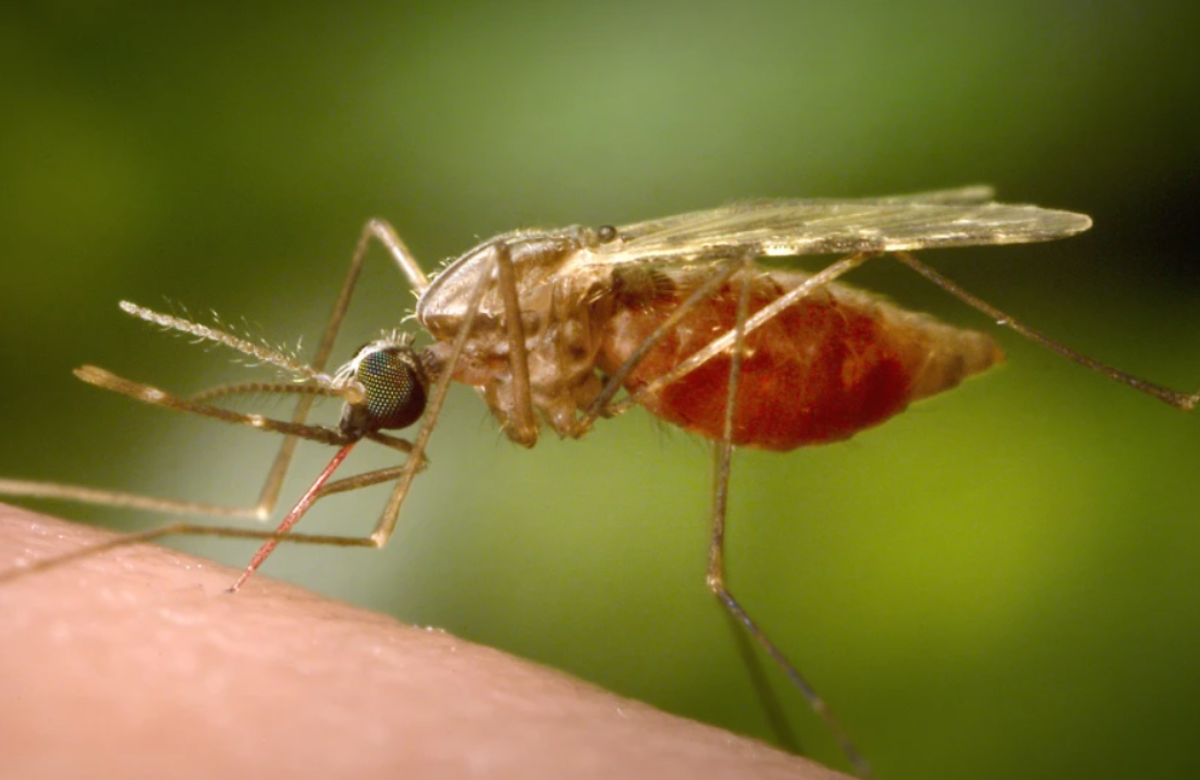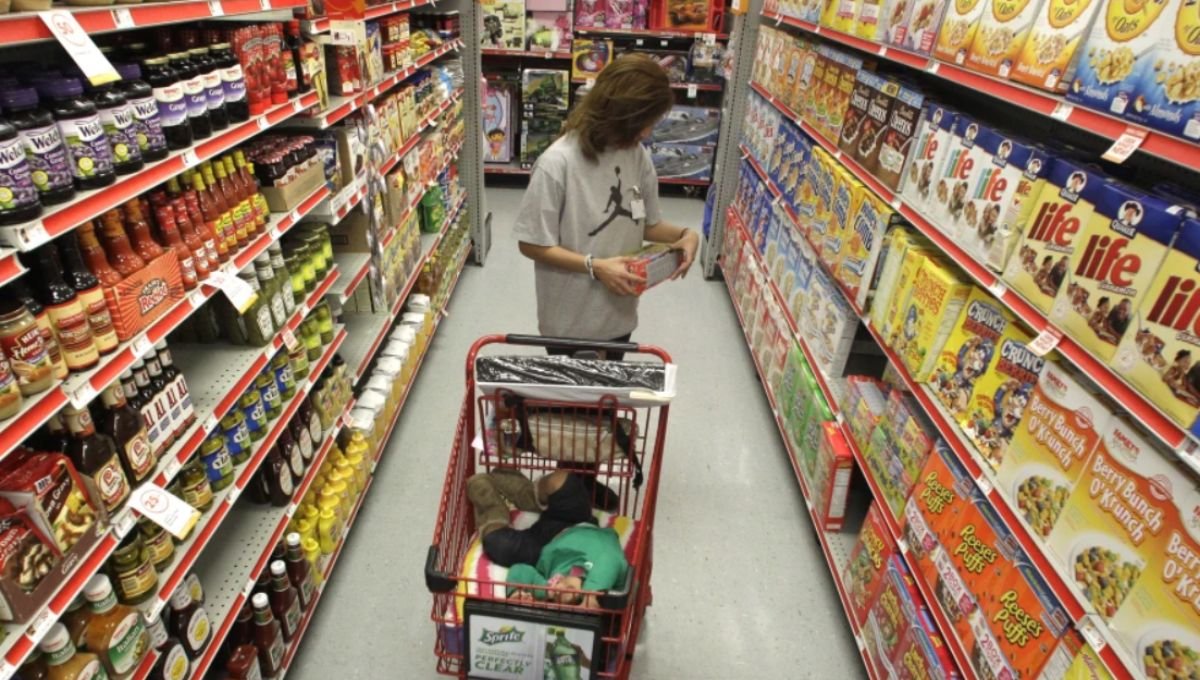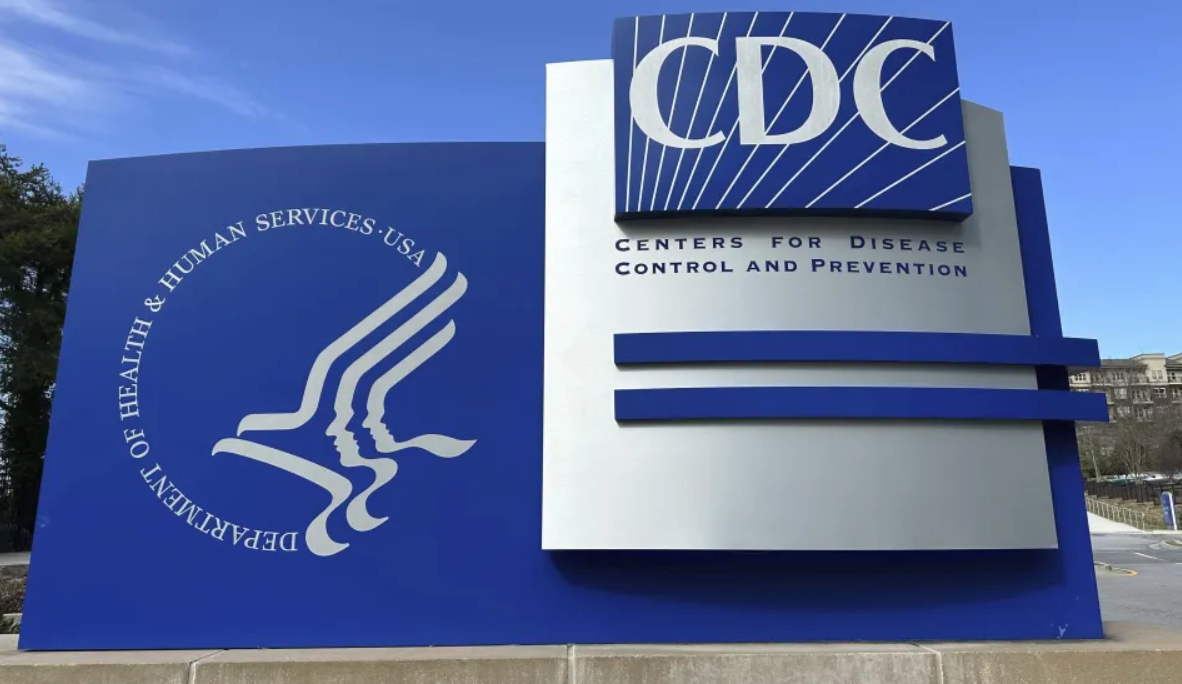The US Department of Agriculture granted a conditional license last week for an avian flu vaccine intended for use in chickens, amidst a widespread outbreak that has significantly impacted poultry flocks and driven egg prices to record highs. Zoetis, the company behind the vaccine, announced the conditional approval on Friday, explaining that its scientists had been working on updating the existing avian flu vaccine since 2022.
“We’ve been collaborating with the administration and Congress, and we’re thrilled to receive the license for the vaccine in poultry, which we believe will be a valuable tool in supporting the government as needed,” Zoetis CEO Kristin Peck shared in a statement on Friday.
The conditional license for the avian flu vaccine was granted based on “the demonstration of safety, purity, and reasonable expectation of efficacy,” according to Zoetis. A conditional license is typically issued to address emergency situations or special circumstances and is valid for a set period of time.
Zoetis has previously developed avian flu vaccines, including one used by the US Fish and Wildlife Service in 2023 to protect California condors. The company emphasized that the decision to vaccinate commercial poultry flocks is up to national regulatory authorities, in consultation with the local poultry industry.
While other countries have been vaccinating chickens against bird flu, the US has traditionally focused on eradicating the virus by culling affected flocks. Vaccination was previously seen as problematic due to complications like making it harder to detect the virus in vaccinated birds and concerns about trade. However, this approach may be changing as bird flu spreads to other animals, like cattle, and becomes harder to control.
In the past 30 days, 146 flocks have tested positive for avian flu, affecting over 20.5 million birds, according to the USDA’s Animal and Plant Health Inspection Service. Since the outbreak began in 2022, over 150 million birds have been impacted.
Additionally, around 70 human cases of bird flu have been confirmed in the US since March 2024, including one fatality in Louisiana last year. The US Centers for Disease Control and Prevention (CDC) has stated that the public risk remains low, though individuals working with infected animals or who have backyard poultry flocks are at a higher risk of infection.
Kevin Hassett, the Director of the National Economic Council, along with Secretary of Agriculture Brook Rollins, is preparing to present a plan to President Donald Trump aimed at combating bird flu. The plan includes alternatives that could avoid the need to cull chickens, as Hassett explained on CBS’s Face The Nation on Sunday.
“We need to focus on improving biosecurity measures, medication, and other strategies to prevent the need to kill chickens,” Hassett said. “We are working on creating a smart perimeter and finalizing ideas with the best scientists in the government.”
Meanwhile, Americans can expect egg prices to remain high throughout this year due to the ongoing avian flu outbreak and inflation, according to new forecasts.
The US Department of Agriculture’s price outlook predicts that egg prices will rise by about 20% in 2025, while overall food prices are expected to increase by just 2.2%. Other groceries like beef, coffee, and orange juice are also seeing higher prices, but eggs are particularly impacted by the aggressive strain of avian flu, which has disrupted supply.














